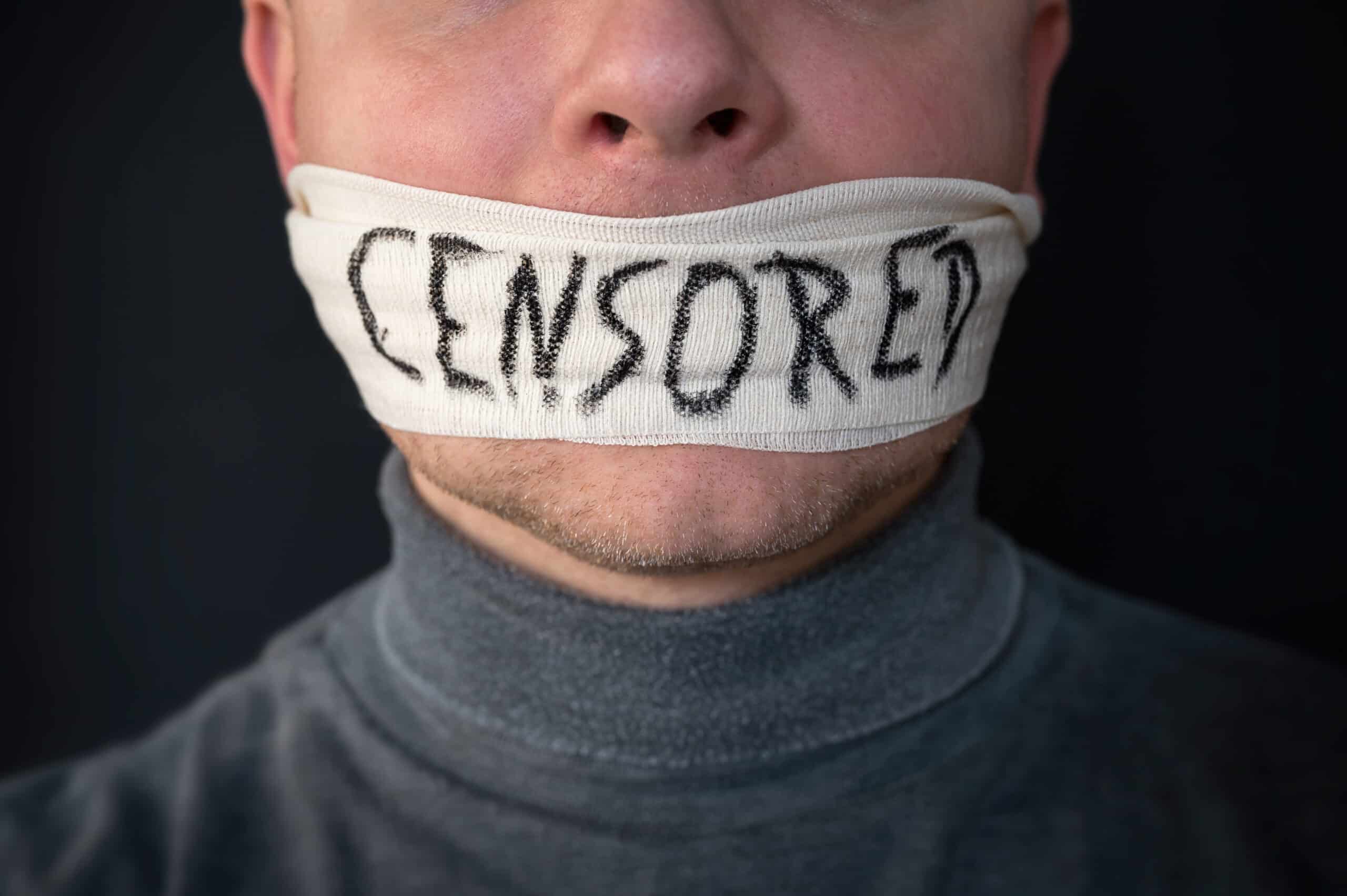
In two recent oral arguments at the Fifth Circuit Court of Appeals, including in NCLA’s case Missouri v. Biden, the issue of government speech rights was raised. In both cases the US Government argued it has speech rights which allow it to put out messaging and communicate to the public. It further argued it is not liable for what it says, even if people die as a result.
In Missouri v. Biden, the government argued it is vital for the government to be able to speak with social media companies to address criminal and national security threats. They also argued the Preliminary Injunction in the case, on which there is currently a Temporary Administrative Stay, is overbroad and hinders their speech rights. The government put a similar emphasis on the importance of government speech in Apter v. Department of Health & Human Services, which deals with FDA messaging that Plaintiffs argue to is an illegal provision of medical advice exceeding the FDA’s statutory authority. In both cases the government contended it is vital for the government to be able to speak to perform its duties. But are there limits to its speech?
The Supreme Court has recognized the importance and right of the government to “speak for itself” since the 1990s. Board of Regents of Univ. of Wisconsin System v. Southworth, 529 U.S. 217, 229 (2000). “[W]hen the government speaks it is entitled to promote a program, to espouse a policy, or to take a position. In doing so, it represents its citizens and it carries out its duties on their behalf.” Walker v. Texas Div., Sons of Confederate Veterans, Inc., 576 U.S. 200, 208 (2015). There are limitations on government speech. For example, it may not violate the Establishment Clause. Pleasant Grove City, Utah v. Summun, 555 U.S. 460, 468 (2009). It may also be limited by other laws or regulations. And the government is, ultimately, “accountable to the electorate and the political process for its advocacy.” Board of Regents of Univ. of Wisconsin System v. Southworth, 529 U.S. 217, 235 (2000).
These exact limits of what the government can—and cannot—say, however, are not clear. The Fifth Circuit seemed to be interested in this question as it provided hypotheticals and posed hard questions in recent oral arguments. In Missouri v. Biden, the court asked, “What if [the government] is lying? Does it matter if it’s wrong or lying?” (20:00) The government responded by arguing the case did not address that issue, although the court seemed to think it possibly did. In Apter v. Department of Health & Human Services, the court similarly asked, “Is the [government] ever responsible for making these public statements? . . . If they make statements that are false, or grossly misleading, or wrong, can they ever be held responsible?” (23:30)
The government does not think so. The government in Apter v. Department of Health & Human Services argued it was not the role of the courts to regulate the government’s speech. Even if the government intentionally made false statements, and those statements led to deaths, the government believed they could not be held responsible by the court. As the court clarified, “No matter whether is it false and even leads to deaths . . . [the government] cannot be held liable?” “That’s correct,” the government responded. (26:00) The government argued sovereign immunity protects the government from such claims and the only recourse is the political process. As the government explained, “They will be held accountable through the political process. . . . The public can elect its government officials.” (41:00)
The Fifth Circuit rightly pointed out many of the bureaucrats involved in these decisions are not elected, making holding anyone accountable much harder and more indirect if changes and repercussions can only be made through the political process and elections. A new president must be elected, who must appoint new heads of the agencies, who eventually must dictate changes in the direction of the agencies and/or the removal of individuals responsible. The court rightly seemed to question whether this alone is the only recourse. As the Supreme Court has explained, “the use of the known lie as a tool is at once at odds with the premises of democratic government and with the orderly manner in which economic, social, or political change is to be effected.” Garrison v. State of La., 379 U.S. 64, 75 (1964). When the government lies, it betrays the trust placed in it by the people and seems to put itself above the law. The government, however, is not above the law and it is the role of the courts to ensure the government does not exceed its Constitutional authority. The issues raised by these cases highlight the importance of voting, the grave consequences elections have, the lack of oversight and accountability of the administrative state, and the vital role the judiciary plays in being a check again government abuse of power.
